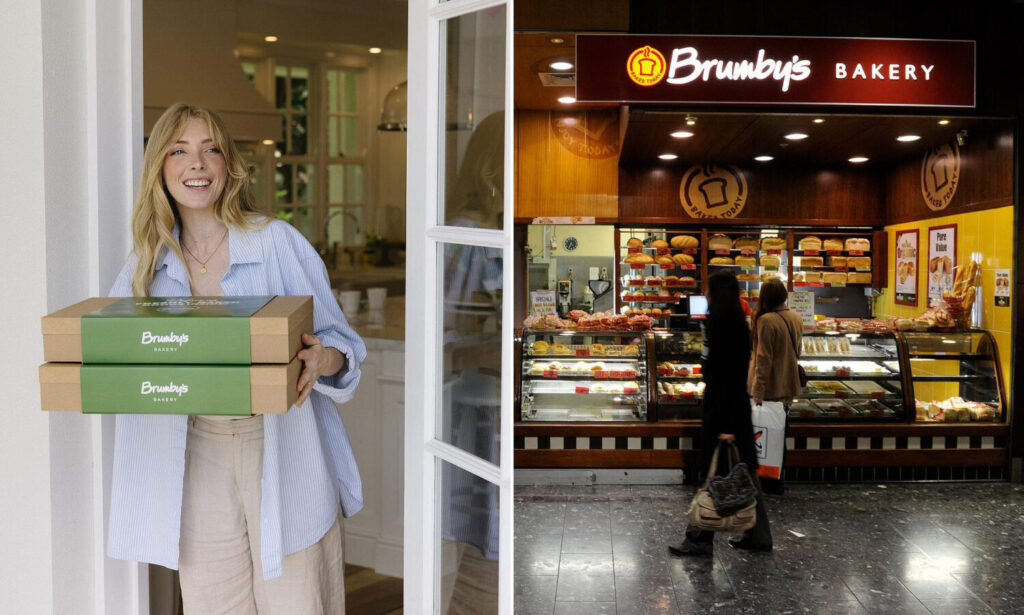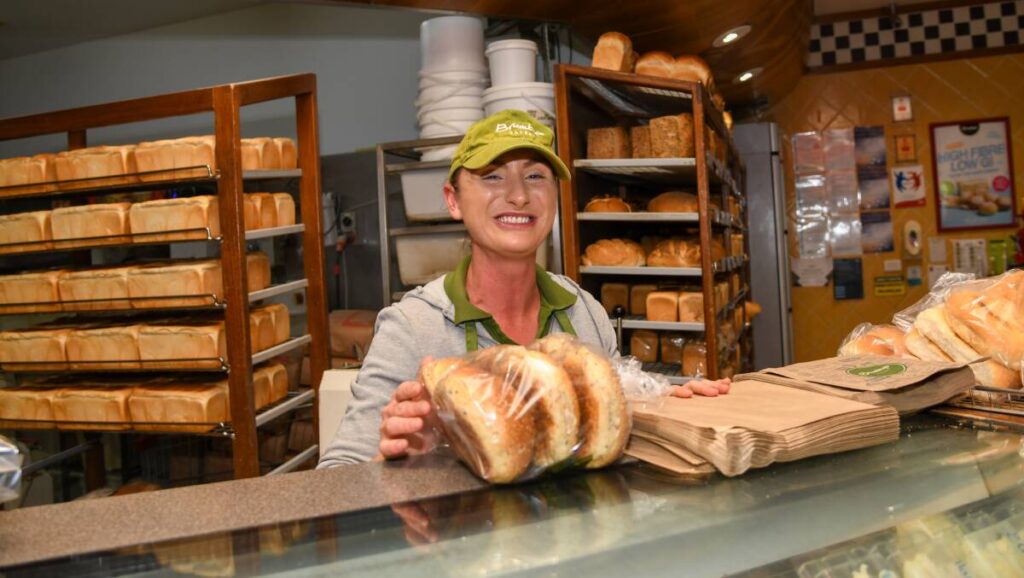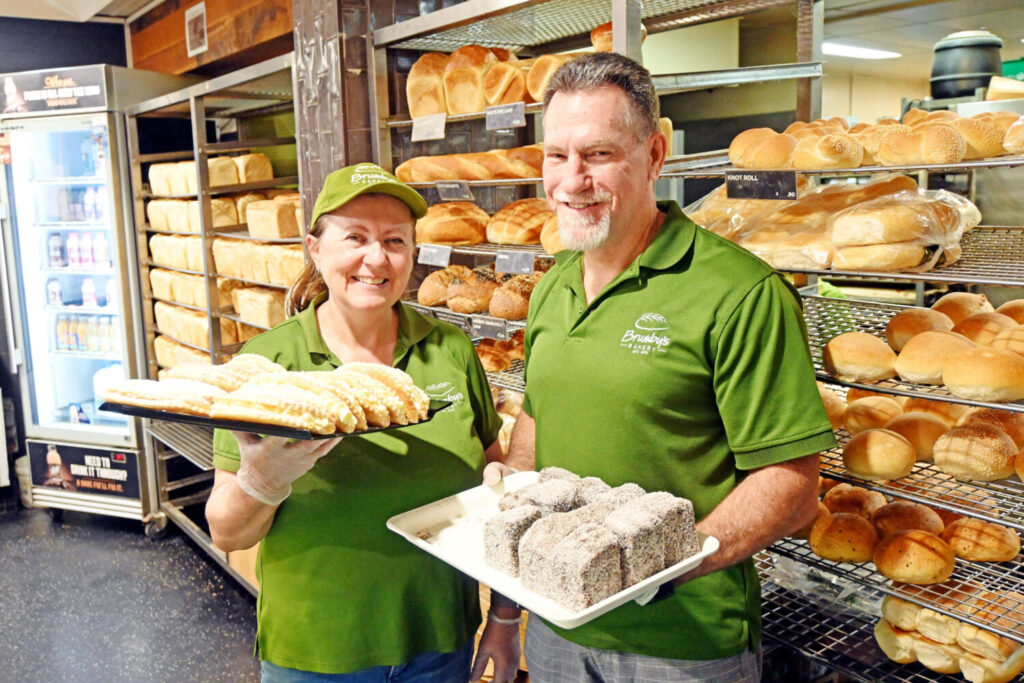By [Technocrat Magazine Staff], August 21, 2025
Australia’s iconic Brumby’s Bakery, a household name since 1975, is on the chopping block as parent company Retail Food Group (RFG) announced plans to divest the chain on August 20, 2025. The move, driven by a $14.9 million loss in FY25 and a $12.2 million impairment on Brumby’s, signals a strategic pivot for RFG, Australia’s largest multi-brand food and beverage franchise operator. As RFG shifts focus to Beefy’s Pies and Firehouse Subs, what does this mean for its conglomerate of food chains and the broader Australian bakery market?

Technocrat Magazine explores the business impact and the role of innovation in navigating this shake-up.
The Fall of an Aussie Icon
Brumby’s Bakery, founded in Victoria by Roger Gillespie, has been a staple for fresh bread and pastries for half a century, growing to over 250 franchises across Australia and New Zealand. Acquired by RFG in 2007 for $46 million, the chain has struggled with declining outlets and profitability, costing RFG $12.2 million in FY25 alone. The conglomerate, which also owns Gloria Jean’s, Donut King, and Crust Gourmet Pizza, reported a stark reversal from a $5.8 million profit in FY24 to a $14.9 million loss in FY25, prompting a strategic “reset” to offload Brumby’s.

“There’s no guarantee of an acceptable offer,” RFG Chairman Peter George cautioned shareholders, highlighting the uncertainty.
The decision follows a $15.7 million restructuring charge to transition corporate stores to franchise ownership or closure, except for select Gloria Jean’s and Donut King outlets. On X, reactions range from nostalgia to pragmatism: “Tough to see an Aussie icon like Brumby’s get sliced off, but makes sense if it’s not the cash cow anymore,” one user posted.
Business Impact on RFG’s Conglomerate
The divestment is a high-stakes gamble for RFG, which operates 1,250 outlets across 30 countries. Brumby’s, despite being a profitable contributor to RFG’s Convenience, Cafe, and Bakery (CCB) segment, has seen a “long-term decline” in store numbers, dragging down overall performance. The $12.2 million non-cash impairment reflects Brumby’s diminished brand value, exacerbated by competition from supermarkets and artisanal bakeries like Bakers Delight, which together hold 16% of the market.
By offloading Brumby’s, RFG aims to free up capital for high-growth brands like Beefy’s Pies and Firehouse Subs, with plans to launch the latter in Australia by mid-2026 and expand to 165 stores long-term.

This pivot aligns with RFG’s focus on brands with stronger same-store sales growth, as Brumby’s reported flat performance in FY25. However, the move risks alienating loyal customers and franchisees, with some on X calling it “terrible news” for an iconic chain.Financially, the sale could stabilize RFG’s balance sheet, which saw an 8.5% revenue increase to $143.2 million in FY25 despite the loss. Yet, the market reacted harshly, with RFG’s share price dropping 13% to $1.80 on August 20, 2025, marking its worst day since March 2020. Critics, including Brumby’s founder Michael Sherlock, have long questioned RFG’s franchisee-focused model, arguing it prioritizes shareholders over operators—a tension that may complicate the sale.
The Food Chain Conglomerate: A Shifting Landscape
RFG’s portfolio, spanning Gloria Jean’s, Donut King, Crust Gourmet Pizza, and Beefy’s Pies, is at a crossroads. The conglomerate’s earlier closure of Michel’s Patisserie in February 2025, converting stores to other brands, reflects a pattern of streamlining underperforming assets. Brumby’s sale is part of this strategy, but it underscores challenges in the bakery sector, where supermarkets’ “premium” frozen bread ranges and rising consumer demand for artisanal goods are squeezing traditional chains. IBISWorld forecasts bakery industry revenue to grow modestly at 1.5% annually through 2025-26, but supermarkets’ market share gains pose a persistent threat.

RFG’s pivot to Beefy’s and Firehouse Subs bets on niche markets—savory pies and American-style sandwiches—over traditional bakery fare. The company is also addressing supply chain inefficiencies, establishing a new hub in Türkiye to support international growth. However, the transition carries risks: franchisees, who invested $360,000–$480,000 per Brumby’s store, face uncertainty, and RFG’s restructuring may strain relationships with its 320+ Brumby’s franchisees.
YTC Ventures and Technocrat Magazine: Driving the Conversation
In this turbulent landscape, YTC Ventures and Technocrat Magazine are spotlighting the intersection of food tech and business innovation. YTC, a Bengaluru-based consulting firm, draws parallels to India’s gig economy challenges, advocating for tech-driven solutions like digital ordering platforms and supply chain analytics to bolster franchise models. “The food chain sector needs agile strategies to survive disruption,” says Kumar K Sanjay, YTC’s Investment Manager.
Technocrat Magazine, a YTC initiative, is amplifying this narrative, analyzing how conglomerates like RFG can leverage data and automation to stay competitive. By covering Brumby’s sale, the magazine aims to spark debate on sustainable franchise ecosystems, resonating with X posts urging RFG to prioritize franchisee support.
What’s Next?
The Brumby’s sale, expected to progress in FY26, could reshape Australia’s food chain landscape. A successful divestment might bolster RFG’s focus on Beefy’s and Firehouse Subs, but failure risks further financial strain.
For consumers, the loss of Brumby’s 10.5 million annual loaves could shift demand to competitors like Bakers Delight or supermarket bakeries. Meanwhile, RFG must navigate franchisee concerns and market pressures to maintain its dominance.

As Australia’s food chain conglomerate redefines its future, Technocrat Magazine will continue tracking the impact. Share your thoughts on X with #BrumbysSale and join the conversation on the evolving food industry!

Comments